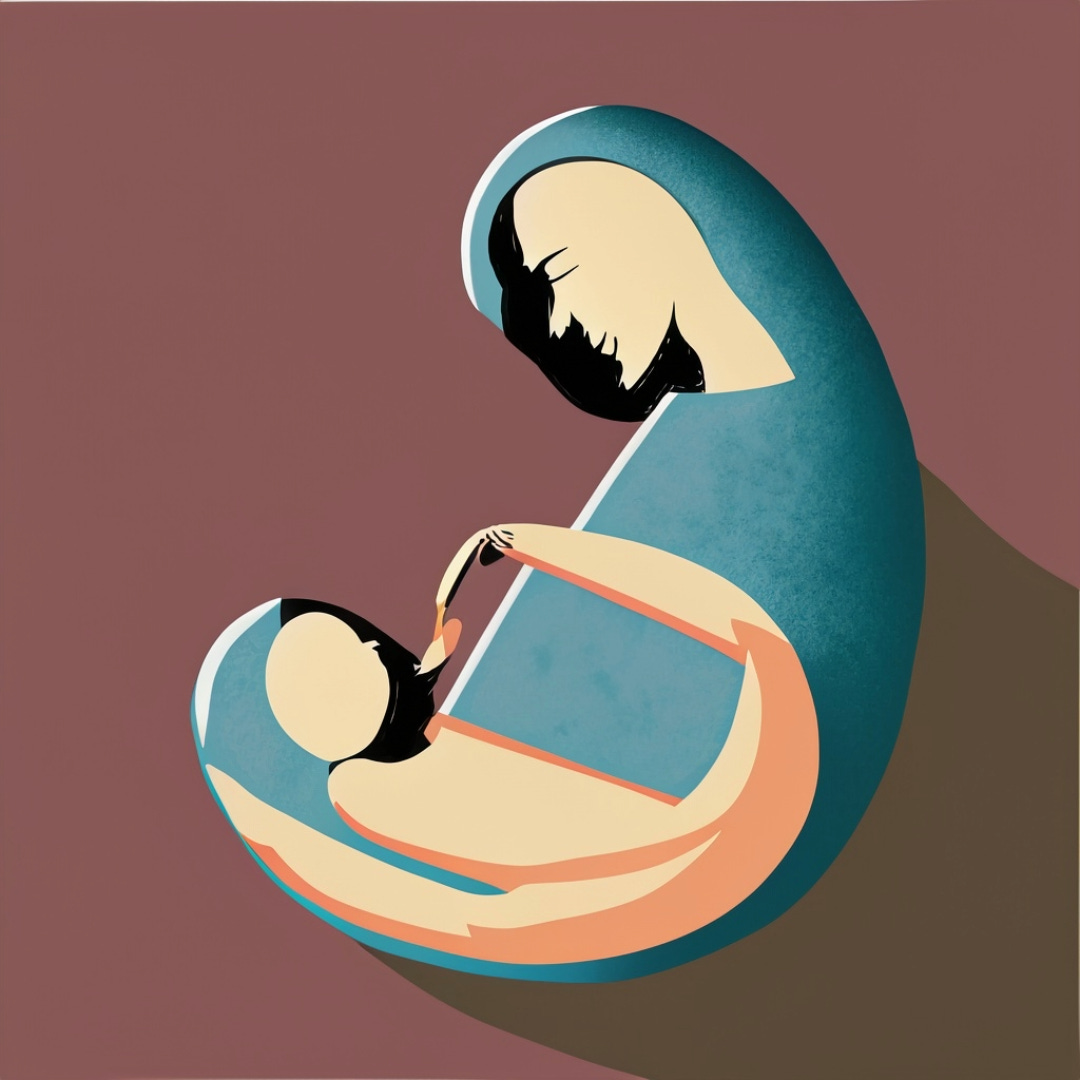AI-Powered Surgery Simulations: The Future of Medical Training?
Hello, my good human! I am Lefteris Statharas and this is my newsletter from the world of science and academia. You can subscribe by pressing this sexy little button below
Let’s jump into today’s story…
This week we’re doing things a bit differently. As you know, I usually try to analyze a research paper and try to explain why I think it’s important and how the researchers arrived at their conclusions. This week, I’m changing things a little bit since a fascinating new tool was launched last week and I’m excited.
So, imagine you have a health problem and you need to get surgery. For the sake of argument, let’s assume it’s not something too serious. A cataract surgery, or something as simple as a wisdom tooth removal. You would feel a bit stressed before the operation but these things happen every day. And the doctor is a professional so it will be a breeze! Now what if I told you that for training purposes, your cataract surgery will be done by a 22-year-old medical student? In fact, it will be his first time ever doing that surgery. That would make you stressed a little bit right? Very, very, VERY understandable.
There should be a way for them to learn without you being part of their training right? In reality surgery training takes years and years of practice and it never happens at the patients’ expense. But what if I told you that we might be getting close to a situation where training could happen in a simulated environment?
One of my favourite pieces of media is Star Trek. The Star Trek series has the best mix of character-driven drama, imaginative science fiction plots, ethical dilemmas and more. And to top it all off, it has predicted many pieces of technology that we have today. Tablets, automatic translators, 3D printers, automatic translators and more. And what if I told you we are close to another piece of technology that was first shown on Star Trek? You see, while they are cadets at the Starfleet Academy, each person has to go through some basic medical training for emergency purposes. All of these medical scenarios they go through for their training are simulated in their Holodeck, a space where they can interact with holograms and experience different simulated scenarios. One of the medical scenarios they have to go through is childbirth. In case something happens and a certified doctor isn’t available and you have to help a person give birth. Like this excellent example from the season 5 episode of the Next Generation series “Disaster”.
Could you tell that Lieutenant Worf wasn’t a medical professional? He is actually the security officer!
Now we might not be there yet but postgraduate students at the University of Cape Town’s (UCT) Faculty of Health Sciences will be able to practice in a simulated environment for surgery techniques that are very important for their training.
AI-powered simulations for obstetricians
The new facility is called SimSuite and it is located in the prestigious Department of Obstetrics and Gynaecology at Groote Schuur Hospital, the SimSuite is here to raise the bar for teaching, learning, and research in South Africa and beyond. Dr. Lamees Ras, the mastermind behind this incredible innovation, has truly outdone herself. She's a senior specialist in the department and has brought her genius ideas to life.
This cutting-edge playground is currently home to the laparoscopic simulator, the “LapSim” (Ok the name needs a bit of work). The LapSim comes with integrated AI mentor software and data analytic capabilities. That means trainees can not only track their progress in laparoscopic skills but also have their very own virtual mentor guiding them along the way. But wait, there's more! The LapSim isn't just a nifty assessment tool; it's also a hotbed for research. Trainees can dive into the depths of data analysis and uncover groundbreaking insights while perfecting their surgical finesse.
The SimSuite at the moment is equipped mostly for gynaecology postgraduates, but the plan is to allow postgraduates and specialist trainees in other surgical disciplines within the faculty to make use of the machine as well. This will fast-track continuous career development and enable cross-collaboration across a multitude of specialist fields in medicine.
Glaudina Loots, the director of health innovation in the National Department of Science and Technology, while giving her congratulations for this excellent new tool, also gave some other pieces of advice. Sure, the SimSuite is all about mind-blowing technology and next-level simulations. But let's not forget the heart and soul of medicine: the patients. Hospital visits are rarely a walk in the park for them, so it's our duty to make sure they feel comfortable, at ease, and well taken care of.
If you want to learn more about the SimSuite and read more comments from the faculty of the University of Cape Town, read the press release from the University here.
Any more news?
People in academia are constantly coming up with new and exciting things so if you need more to quench your curiosity here are some more headlines.
Microplastic sources and hidden sinks can be found in rivers, by the Malaysia Sun
Researchers develop automated measure of sleep studies to determine severity of obstructive sleep apnea, by Medical Xpress
Forest Research registers 3 new bamboo varieties, by The Business Standard
Don’t Forget: Couch Potatoes: The physiology of sitting around
That’s all for this week! I hope that the rest of the week will be calm and rewarding. Did you like this newsletter? If you did you can subscribe to it at the top of the page and why not share it around using this sexy little button here
If you have any questions, suggestions, or something you want to talk about why not write a comment right below here! That’s the easiest way for us to communicate!
Until next week… take care and be kind [=





